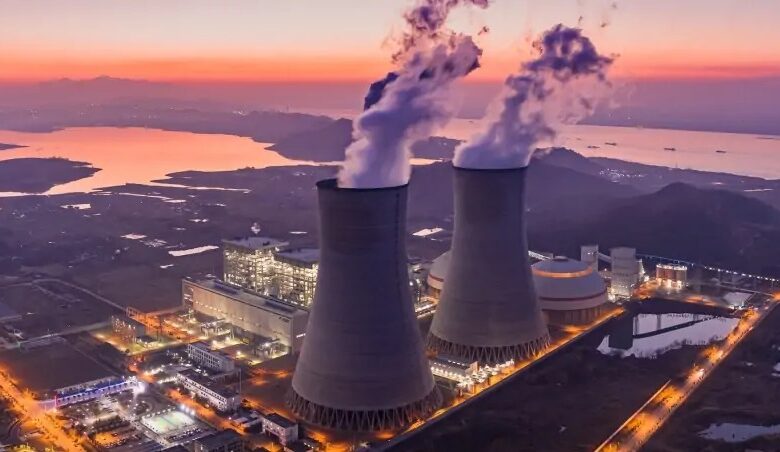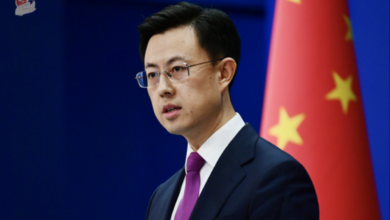China Accelerates Nuclear Energy Investments to Boost Its Economy

ALDAR/
China is steadily ramping up its investments in nuclear energy as part of a broader strategy to support economic growth and ensure long-term energy security.
Beijing has recently approved the construction of ten new nuclear reactors, a major undertaking valued at over $27 billion, according to international news agency Reuters. This decision is part of a wider plan, with China currently building more than 30 nuclear reactors across various regions, positioning the country among the global leaders in expanding civilian nuclear energy capacity.
China’s pivot toward nuclear power reflects more than just a desire to reduce dependence on traditional energy sources such as coal and oil. It is part of a comprehensive vision for sustainable development and carbon emission reduction — all without slowing industrial output. Nuclear energy is seen as a strategic choice, offering reliable electricity generation and long-term cost efficiency.
Meanwhile, European countries like Germany and France face both domestic and international criticism for shutting down several of their nuclear reactors, a move that has led to rising energy prices and a temporary return to more polluting energy sources. This contrast in approach highlights differing priorities in energy and environmental policy between East and West, amid growing global economic pressures.
As China continues to strengthen its nuclear infrastructure, many experts believe this trajectory could give the country a strategic advantage in the years ahead — both in terms of energy independence and in powering high-consumption industries — further solidifying its role as a formidable global economic power.





